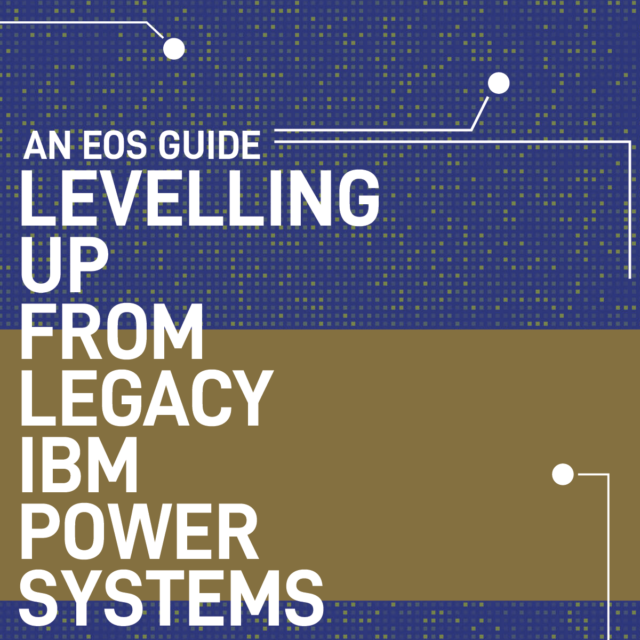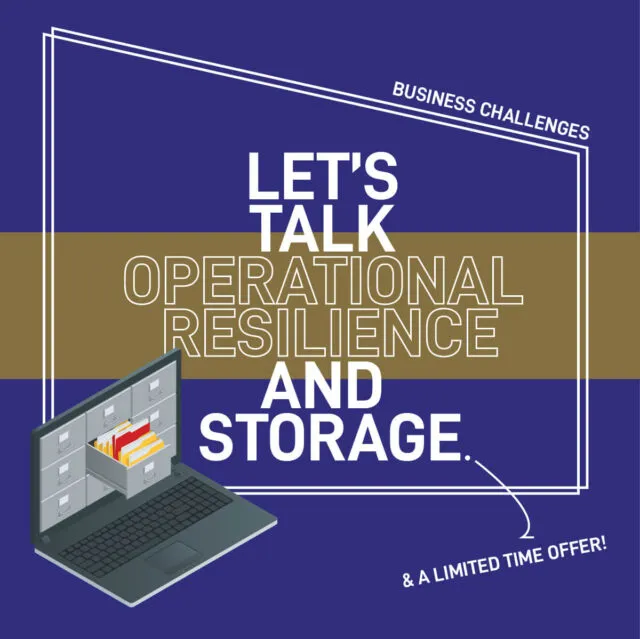Workload Modernisation Solutions for IBM Power Systems
Modernise Mission-Critical Applications
CSI is implementing hybrid cloud solutions for Independent Software Vendors (ISVs) to modernise mission-critical, regulated applications and the associated infrastructure using a suite of open source technologies.
These solutions are based on a combination of Power Systems Virtual Servers capacity in the IBM Cloud and flexible capacity in the CSI PowerCloud. Core IBM Power-based applications are integrated with x86-based adjacent workloads running in CSI’s private cloud as well as hyperscale public clouds including Azure and AWS.
By implementing leading IBM and open source technologies including Red Hat OpenShift, IBM Cloud Paks, Terraform, IBM Cloud Automation Manager and Red Hat Ansible, we ensure that ISVs can deliver mission-critical applications to their customers in an effective and efficient model that supports digital transformation.

Addressing Critical ISV Challenges
CSI’s solutions address critical challenges for the ISVs and their customers:
- Transforming their business model from license sales to Software as a Service – with lower adoption and operating costs, opening new customer segments
- Accelerating time to market for new features and functionality – increasing frequency and decreasing risk while improving competitiveness
- Improving customer satisfaction and trust by providing a platform capable of meeting unplanned peak demands
- Ensuring compliance to rules enforced by regulators.
Running Production Workloads in the Cloud
CSI is a founding member of IBM UK’s PowerCloud Provider Program and has been delivering IBM Power System capacity to our clients for many years. The CSI PowerCloud is specifically aimed at complex and regulated production workloads like core banking applications.
High-speed low-latency connectivity to hyperscale public clouds provides the flexibility to host adjacent Windows and Linux workloads running on x86 servers in a multicloud environment. Flexible consumption models enable CSI to share capacity across systems, improving resource utilisation and controlling costs.
Temporary Test Systems in the IBM Cloud
CSI’s “Test as a Service” solution provides easy-to-provision temporary IBM Power Systems environments to trial cloud-based applications or to test new features. ISVs don’t have to compromise on test and development due to cost. Full scenario testing is cost-effective with easy to set up and tear down temporary LPARs.
The IBM Cloud pay-as-you-use billing mechanism ensures that ISVs only incur charges while infrastructure is in use, minimising costs associated with test platforms.
CSI follows the paradigm of Infrastructure as Code (IaC) to set up complex infrastructures in a reliable, repeatable, and rapid manner. We use Terraform, an open source IaC software tool, to describe IBM Power Systems, as well as x86–based servers for adjacent workloads.
With the IBM Cloud Pak for Multicloud Management running on Red Hat OpenShift, Terraform definitions are organised and templatised. Red Hat Ansible automation scripts fully deploy the ISV application environment.
Transforming the ISV Business Model
With a hybrid cloud-based Software as a Service solution, ISVs can ensure that the focus is on the value of the application while all infrastructure provision is managed efficiently by CSI’s specialists.
By providing their applications in a SaaS model, ISVs can reduce the overall cost of customers using their software, and, with a lower TCO, companies can target new market segments and expand into new geographies.
Accelerating Time to Market for New Feature Releases
ISVs maintain a competitive edge by constantly improving the functionality of their products, but it is disruptive for customers to release new features in a major version upgrade model. This creates long delays between improvements, building test systems manually is slow and maintaining permanent test systems is costly.
Providing temporary test and development capacity with CSI’s “test as a service” solution radically reduces costs and increases its DevOps agility. ISVs can respond quickly to changing market conditions and new customer requests while regular innovation improves customer satisfaction and reinforces an ISV’s competitive position.
Meeting Unplanned Peak Demand
During periods of Covid lockdown, online transaction levels for many organisations reached unprecedented levels. For example, wealth management firms saw daily trading peaks many times higher than previously experienced and, in some cases, the top trading days ever were in 2020. A traditional IT approach cannot cope with unplanned peaks in demand.
With dynamic capacity in the CSI PowerCloud and access to hyperscale public clouds, CSI provides a cost-effective ability to manage unexpected demand.
During peak demand, organisations running their critical workloads on IBM Power Systems in CSI hybrid cloud platforms experienced no loss of service or performance degradation.
Meeting Regulatory Compliance
Working together with fintech ISVs, CSI has incorporated additional levels of compliance to ensure that solutions meet the strict controls set by regulators including the UK’s Financial Conduct Authority (FCA) and Prudential Regulation Authority (PRA).
By implementing Infrastructure as Code, an estate is continually being audited with results documented; compliance audits as “business as usual” instead of business disruption.
Operational Savings from SaaS Model
CSI is helping ISVs to move towards a SaaS model where infrastructure on an end-user customer’s premises is replaced by a managed hybrid cloud platform.
ISV customers have reported a reduction in operational expenditure of up to 25% compared to using on-premise systems. This saving consolidates reductions in hardware and software maintenance, data centre, and staff costs.
Testing and Development in the IBM Cloud
The benefit of using easy-to-setup and tear-down temporary systems in the IBM Cloud for development and testing depends on how often the environments are used. Once the test environment has been built, the use of a temporary system can cost as little as £100 per day.
When compared with maintaining a permanent test environment, “pay as you use” billing can deliver significant savings. This benefit is multiplied when factoring in the flexibility of having a library of system images that can be used to set up accurate systems for any of an ISV’s customers.
The benefit of using Infrastructure as Code and IT automation also vastly improves the accuracy and speed of development and testing when compared to carrying out the same task manually.
Improved Performance of IBM Power Systems
The benefit to a business of increased business (or reduced loss of business) due to improved system performance, stability, and the ability to handle unplanned peak demand is difficult to quantify but are critical influencing factors.
The IBM Power Systems in the CSI PowerCloud have industry-leading reliability achieving the highest server Information Technology Intelligence Consulting (ITIC) rankings for the 12th year in a row.
CSI’s clients benefit from this stability combined with new technologies such as IBM Cloud Paks running on Red Hat OpenShift as a modernisation platform for their core workloads.
2021 IBM Beacon Award Winner
We were honoured to be recognised in the 2021 IBM Beacon Awards, as winners of the ‘Most Innovative IBM Hybrid Cloud Solution with IBM Power Systems‘ category.
This award was given to CSI in recognition of the hybrid multicloud solutions provided to ISVs.
CSI was selected as a Beacon Award winner by a panel of judges including industry specialists, IBM executives and analysts who recognised how workload modernisation solutions help to enable client success with IBM technology.
Read more about the award here.
![]()
Read more like this

IBM Power
Levelling Up from Legacy IBM Power Systems (An EOS Guide)
Why Modernisation Matters Modernisation is often about market competitiveness and relevance. For modernised organisations, offboarding outdated hardware is a matter…

IBM Power
Why Private infrastructure is better for AI
Running AI Models vs. Building New AI Models: Inferencing and Training To make informed platform choices depends on a clear…

Storage and Backup
Improving Operational Resilience (With AI-driven Technology)
The Financial Impact of Cyber Attacks is Underestimated On average, analysts have discovered, a cyber-attack will force a UK SME…
Ready to talk?
Get in touch today to discuss your IT challenges and goals. No matter what’s happening in your IT environment right now, discover how our experts can help your business discover its competitive edge.